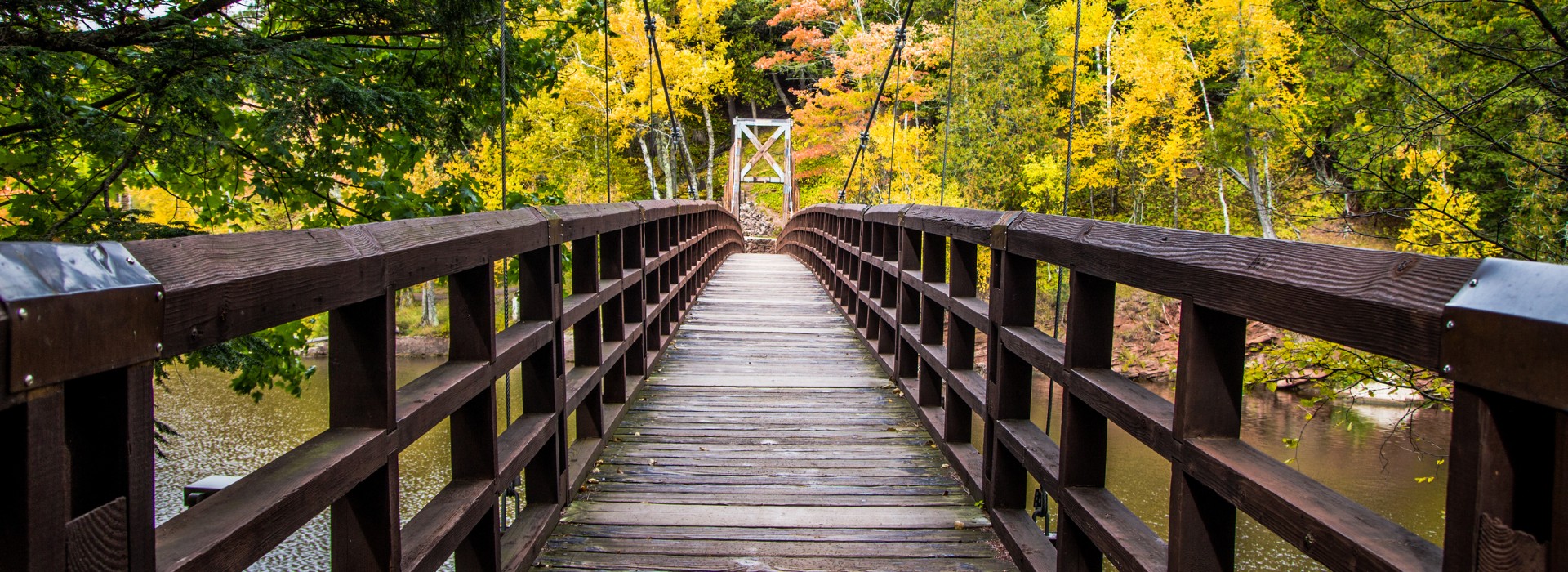~A Memorial Service
~ A Gathering of Friends and Family
~A Celebration of Life
A loved one's death often leaves us feeling adrift. While many choose to hold some type of service, the many options available can be overwhelming. We want to make it easier. We are here to help you plan a service that represents the life of your loved one. The service may be held at our facility, at another facility or church, at a park, at a lodge or club, or at a private home.... the possibilities are varied but the choice must be what best suits your family. This section contains useful information about service options. To start pre-arrangements visit this page to print the necessary forms. If you have any questions at all, please don't hesitate to Contact Us.

Cremation Services
Cremation is an option increasingly being chosen, serving as an alternative to burial. Reasons for preferring cremation vary greatly, for some it is an economical choice as compared to the traditional and costly funeral; for some, their religious beliefs require it; other people consider it a more environmentally conscious choice; others like the idea of cremation more. Cremation is not an alternative to a service, but rather an alternative to the traditional burial with casket, hearse, and formal visitation.
Cremated remains can be scattered, buried, or they may be kept with the family in a decorative urn. There are many options, including having a portion of them spun into glass pieces of art or diamonds.
While some religions mandate cremation, such as eastern religions, such as Hinduism, others may forbid it. The Catholic Church permits cremation as an option, the church does request to have the cremains present for a Mass. In Islam, cremation is strictly forbidden as it is for Orthodox Jews, and for other branches of Judaism burial remains the preferred option.
Cremation FAQ
What is cremation?
Cremation is the process of reducing the human body to its basic elements through a process that exposes it to intense heat.
Is a casket needed for cremation?
No, a casket is not required. Most states require an alternative container constructed of wood or cardboard.
Is embalming required prior to cremation?
No. It is against the law for a funeral home to tell you otherwise.
Can the body be viewed without embalming?
Specific situations do permit for an identification of the deceased by a limited number of individuals prior to cremation without embalming.
Can the family witness the cremation?
Yes they can; some crematories allow family members to be present when the body is placed in the cremation chamber. Some groups ask for this as part of their religious customs.
Can an urn be brought into church?
Most churches allow for an urn to be present during a life celebration.
What can be done with the cremated remains?
While laws vary state by state, for the most part, remains may be buried in a cemetery, buried or scattered in a cremation garden, interred in a columbarium, kept at home, or scattered in a special place.
How can I be sure I receive the correct remains?
All reputable crematories have developed rigorous sets of operating policies and procedures in order to maximize the level of service and minimize the potential for human error. The crematory can only accomodate one body at a time in each of their cremation chambers, it is yet another part of the procedure to maximize the integrity of the cremation. In addition, we identify and place an armband on each individual in addition to the identification of the deceased at the crematory.
How long does the actual cremation take?
It all depends on the weight of the individual. For an average sized adult, cremation can take two to three hours at a normal operating temperature of between 1,000 and 2,000 degrees Fahrenheit.
What do the cremated remains look like?
Cremated remains resemble coarse sand and are whitish to light grey in color. The remains of an average sized adult usually weigh between 7 and 8 pounds.
Do I need an urn?
An urn is not required by law. An urn may be desired if there is to be a life celebration or if the remains are to be interred in a cemetery. If an urn is not purchased or provided by the family, the cremated remains will be returned in a temporary container.




